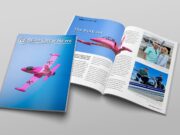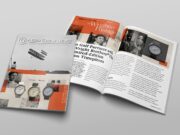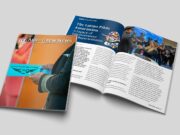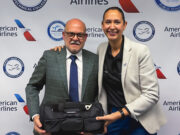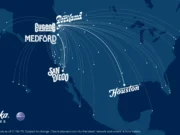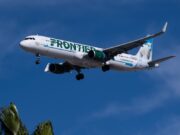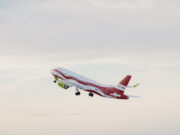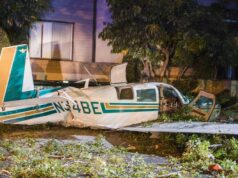
The foundation of Safety Management Systems (SMS) is to make an aviation organization safer. Safety adjustments are often derived from data. In the United States, the FAA mandates that air carriers create and adopt an SMS program. For an SMS program to be effective, all participants, from leaders to front-line employees, must prioritize safety and empower all participants to raise safety concerns. Through voluntarily submitted reports, data is collected to improve processes and procedures.
A key component of SMS is participation. All employees must feel empowered and validated to participate through information sharing. One of the defining characteristics of an SMS is its emphasis on risk management. Risk management is comprised of identifying and mitigating threats. Threats are inherent in any flight. While certain threats can be identified (expected), others may be unexpected. SMS attempts to foster risk identification and mitigation to the greatest possible extent, thus reducing unexpected threats. Pilots can better prepare and react to threats in advance, through tools such as briefings. Whether through data or through the input of employees and others, recognizing that many opportunities exist to stop an accident is the first step in moving from reactive to predictive thinking.
It is a common misconception that SMS only applies to airline operators. Even as a flight instructor at a flight school, you have a role and responsibility to promote safety. Doing the right thing, following procedures and policies, will ensure you operate within a safe environment, each time without fail. Sharing your own experiences, whether through an official reporting system, or informally, can help colleagues in the future.
Many organizations have safety magazines or newsletters published by their flight-safety departments. In an effort to increase awareness of hot safety topics and areas that need special emphasis, pilots should remain up to date with the latest safety-related events.
Be proactive by advocating for safety and improving the national airspace system. Fly safe!




